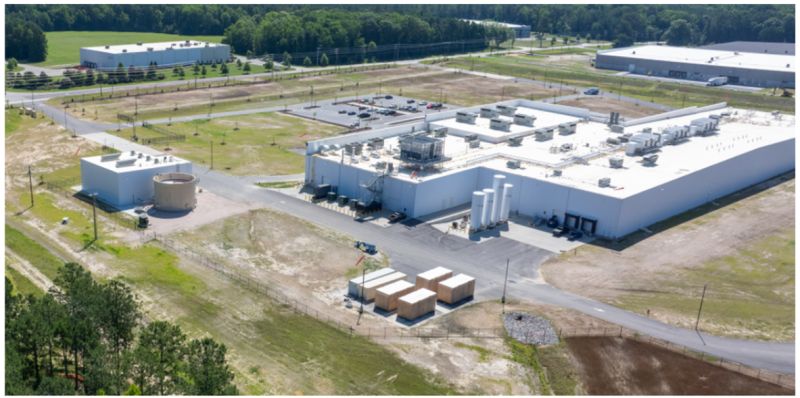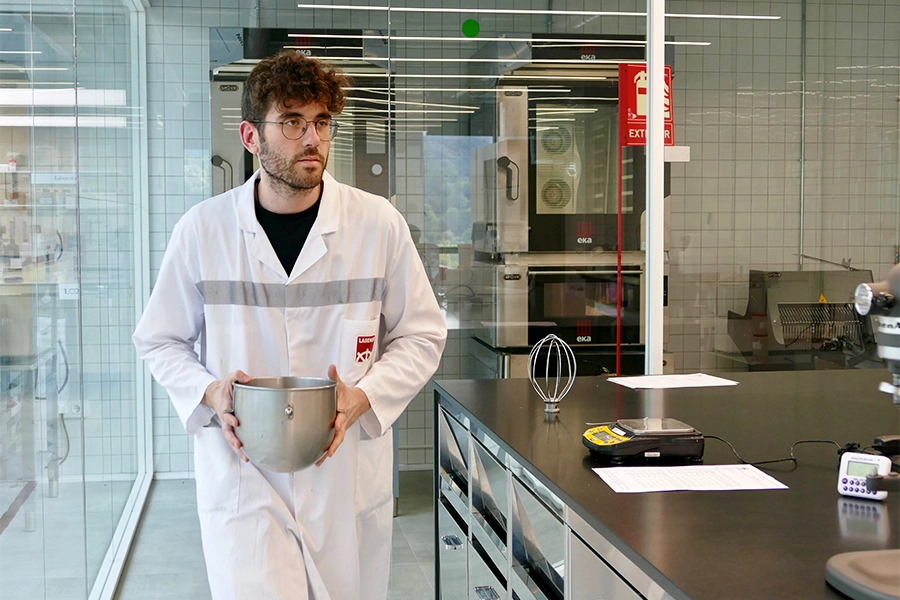

Givaudan and Berkeley unveil transformative new research on redefining efficiency in alternative protein
In their fifth annual collaboration, Givaudan and the University of California Berkeley have released transformative research paving the way for enhanced efficiency in alternative protein. The latest white paper entitled 10 Alternative Protein Pathways: Opportunities for Greater Efficiency outlines key challenges and opportunities on the journey to co-create delicious and nutritious alt-protein experiences that delight consumers.
With more consumers expected to explore plant-based protein, opportunities abound for food producers and retailers to develop sustainable, healthy alternatives that deliver diverse food experiences. With its deep industry knowledge, Givaudan has once again teamed up with the University of California Berkeley Product Development Program to provide practical steps on how industry players can create mouth-watering, affordable, alternative protein products.
“Alternative proteins can significantly reduce environmental impact and improve human health," said Sudhir Joshi, Professor, Board Member & Product Development Program Coach at the University of California Berkeley. "Our findings identified four key areas where producers can focus on improving efficiencies and reducing costs for alternative protein products. These were further divided into specific steps companies can take to mitigate risk, while still making tasty, healthy, and cost-effective products.”
The research explores the key challenges the industry faces, such as supply chain issues, resource consumption, production scale-up, and competitive pricing. It also offers 10 clear and actionable pathways to help alt-protein producers address these hurdles and maximise efficiency. This includes identifying ingredient combinations that ensure the best quality and value for both food innovators and consumers, and outlining ways to optimise the use of energy, water, and other natural resources. The end goal? To enable the industry to create alternative protein experiences that are good for both people and the planet.
“In today's dynamic environment, the key to gaining a competitive edge lies in strategic partnerships," added Flavio Garofalo, Global Director, Culinary & Plant Attitude, Givaudan. "Companies that team up with others to pool their knowledge, expertise and resources will be better placed to spot market opportunities, unlock efficiencies, and scale innovations more quickly. Every year, we join forces with the University of California Berkeley to investigate key topics related to alternative protein. Why do we do it? Because it helps us look at alternative protein in a more holistic way, which puts us in a better position to support our customers.”
To bring the insights from its new research to life, Givaudan is also launching a Start-Up Challenge. The company will select five start-ups from around the world to reduce the costs of a standard recipe using the pathways outlined in the white paper, including raw material optimisation, hybrid products, process optimisation, and new technology and innovations.
Givaudan started its alternative protein journey over a decade ago, with the knowledge that these products are pivotal to a food future that’s good for humans, animals, and the planet. The company’s global protein network includes four hubs dedicated to developing holistic alternative and plant-based food experiences. These hubs enable Givaudan customers to co-create products ensuring they have the right taste, mouthfeel, colour, visual appeal and nutrition to meet consumer preferences in their markets. They also offer access to an entire ecosystem of experts in plant-based dairy and savoury products, along with specialised products, knowledge and technical equipment.
To get inspired, download the 10 Alternative Protein Pathways white paper here. The new white paper marks the company’s fifth collaboration with the University of California Berkeley. Previous research can be found here.
If you have any questions or would like to get in touch with us, please email info@futureofproteinproduction.com






